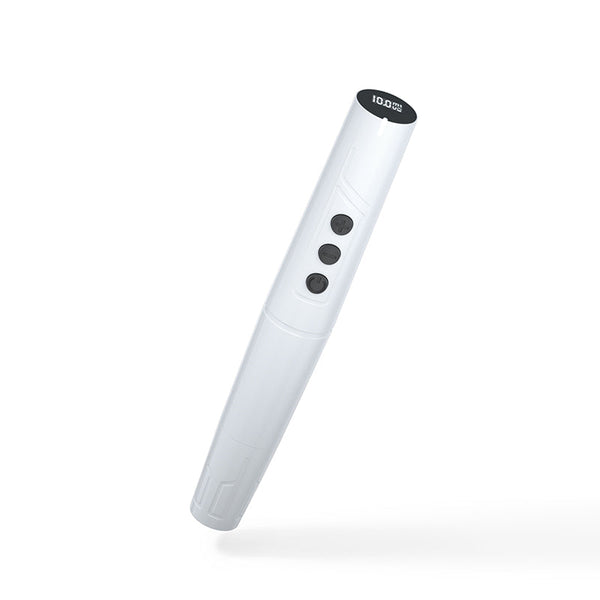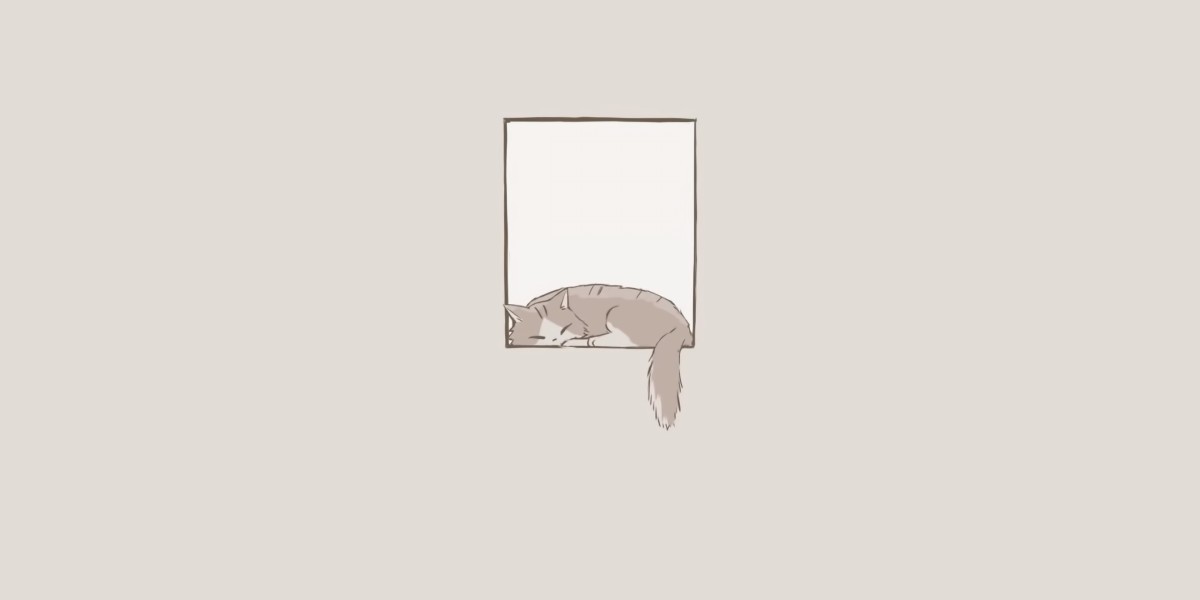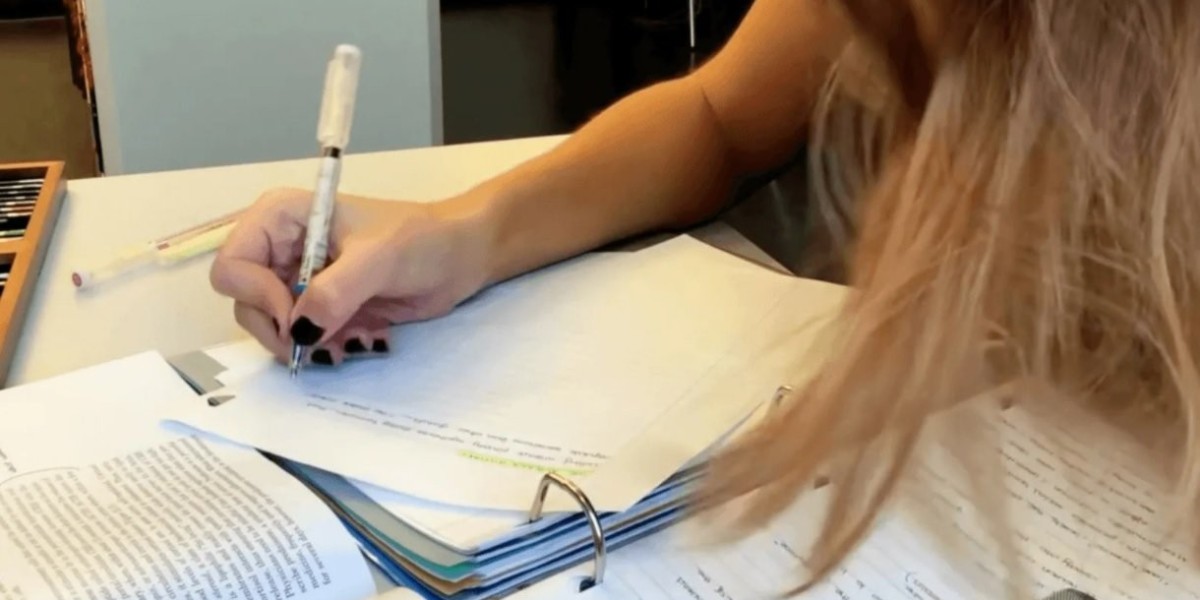The tattoo machine motor has undergone significant transformations over the years, evolving from traditional coil machines to modern rotary systems. This evolution has not only changed the way tattoos are applied but has also enhanced the overall experience for both artists and clients.

Understanding Coil Tattoo Machines
Coil tattoo machines have been the backbone of the tattoo industry for decades. These machines operate using electromagnetic coils to create a magnetic field, which drives the needle up and down. But what makes coil machines so popular among tattoo artists?
- Power and Speed: Coil machines are known for their powerful strokes, allowing artists to work quickly.
- Customization: Artists can easily adjust the machine's settings to suit their specific needs.
- Variety: There are numerous types of coil machines available, each designed for different styles of tattooing.
However, coil machines also come with their drawbacks. They can be heavy and require more maintenance compared to their rotary counterparts. This brings us to the next evolution in tattoo technology.
The Rise of Rotary Tattoo Machines
In recent years, the tattoo machine motor has seen a shift towards rotary machines. These devices utilize a rotating motor to drive the needle, offering a different set of advantages.
- Lightweight Design: Rotary machines are typically lighter, making them easier to handle for extended periods.
- Less Noise: They operate more quietly than coil machines, which can create a more relaxed atmosphere during sessions.
- Versatility: Rotary machines can be used for both lining and shading, making them a favorite among many artists.
As artists explore the benefits of rotary machines, they often find that these devices provide a smoother tattooing experience. This leads to better results and increased client satisfaction.
Choosing the Right Tattoo Machine Motor
When selecting a tattoo machine motor, artists should consider several factors:
- Type of Tattooing: Determine whether you primarily do lining, shading, or both.
- Comfort: Choose a machine that feels comfortable in your hand and suits your style.
- Maintenance: Consider how much upkeep you are willing to perform on your machine.
Ultimately, the choice between coil and rotary machines depends on personal preference and the specific needs of the artist.
Conclusion
The evolution of the tattoo machine motor from coil to rotary has significantly impacted the tattooing process. Each type of machine offers unique benefits, and understanding these can help artists make informed decisions. For those looking to explore a variety of tattoo supplies, including machines and accessories, visit  .
.
As the tattoo industry continues to evolve, staying informed about the latest technologies will ensure that artists can provide the best possible service to their clients.







